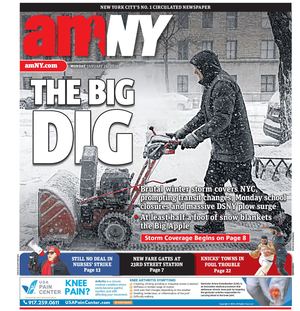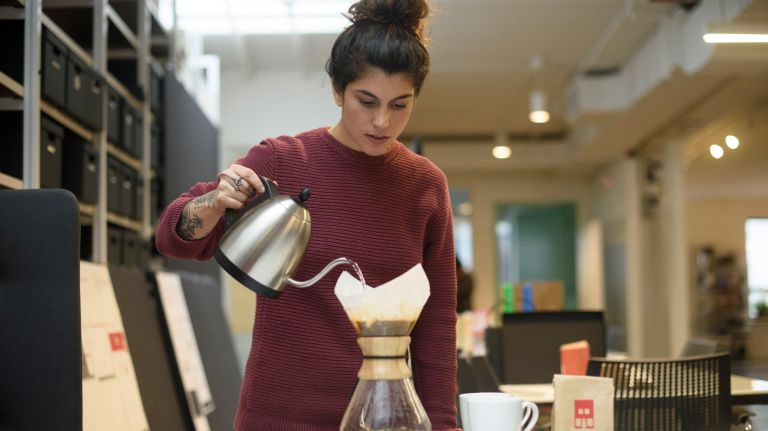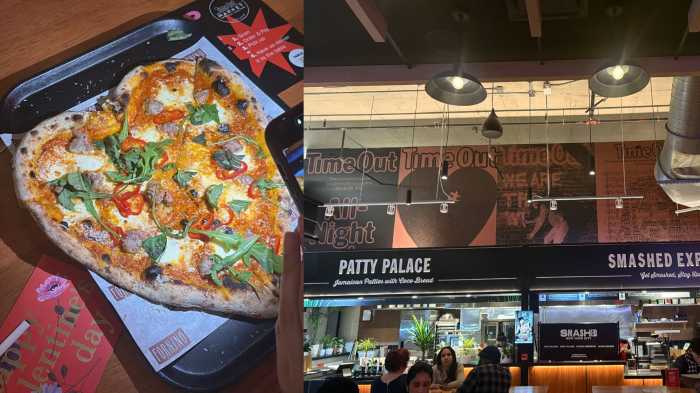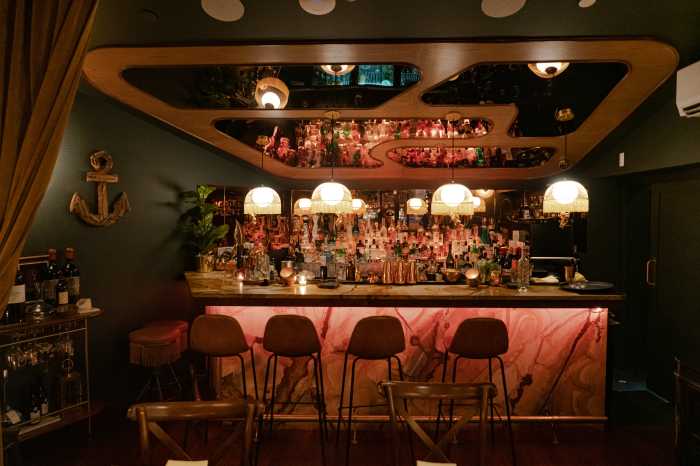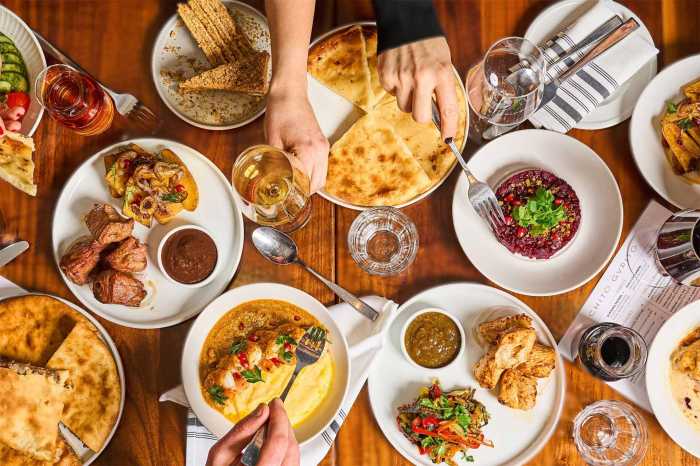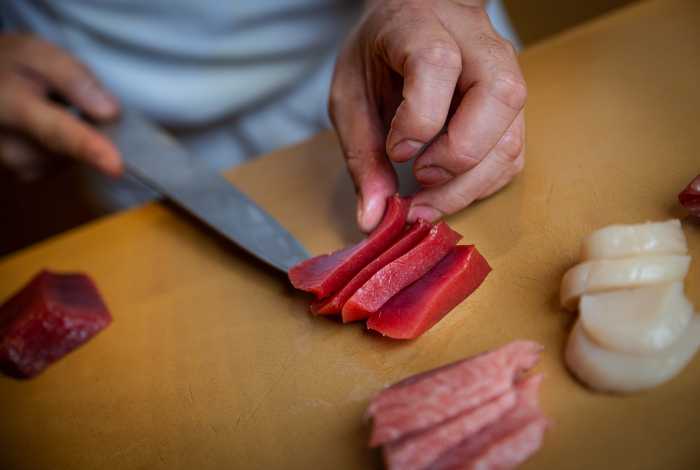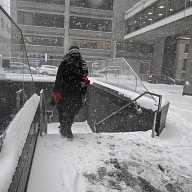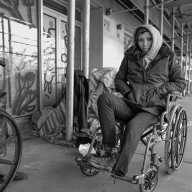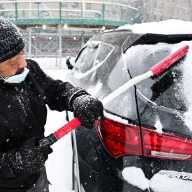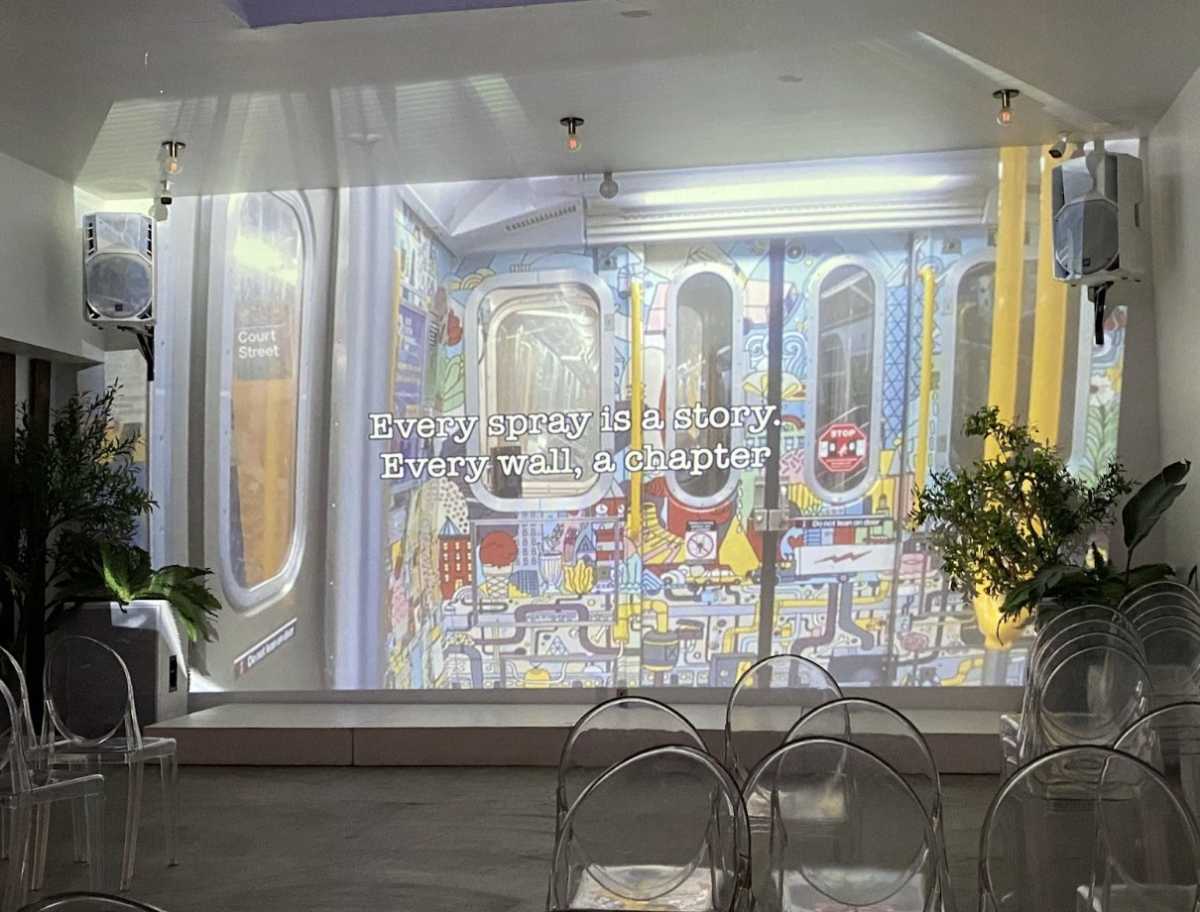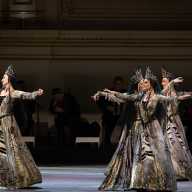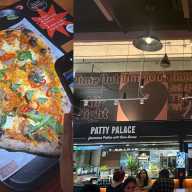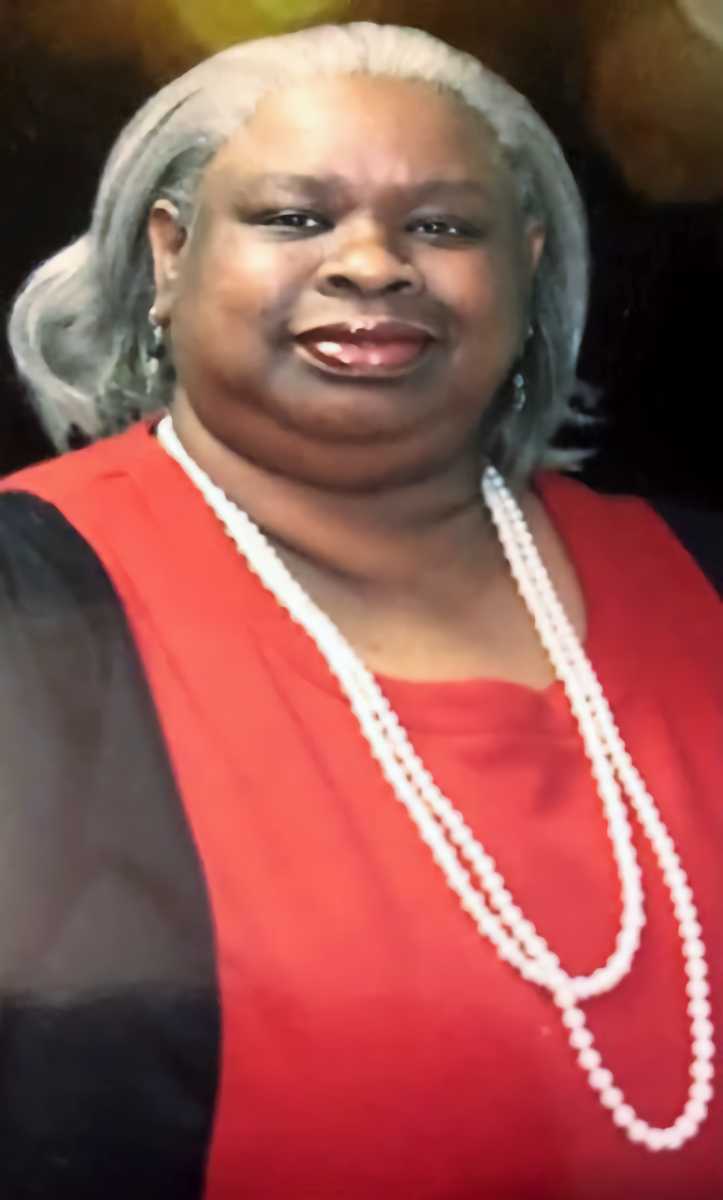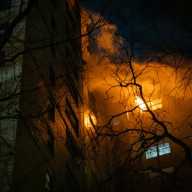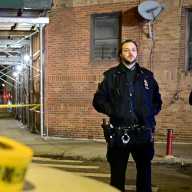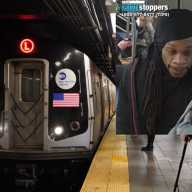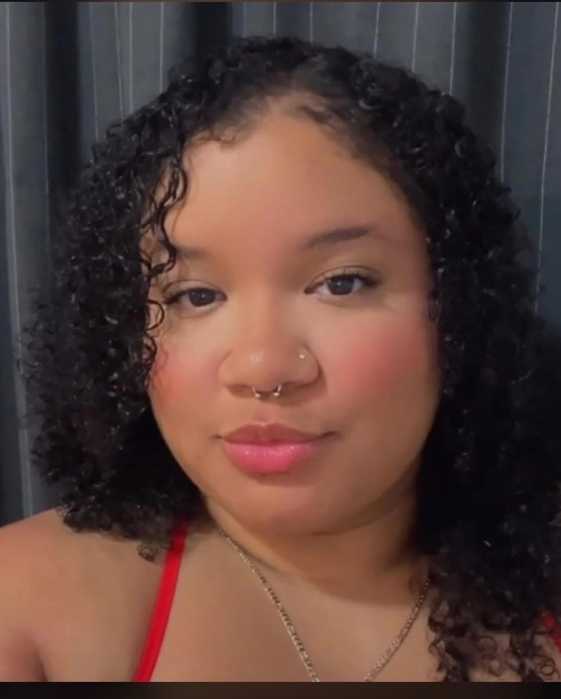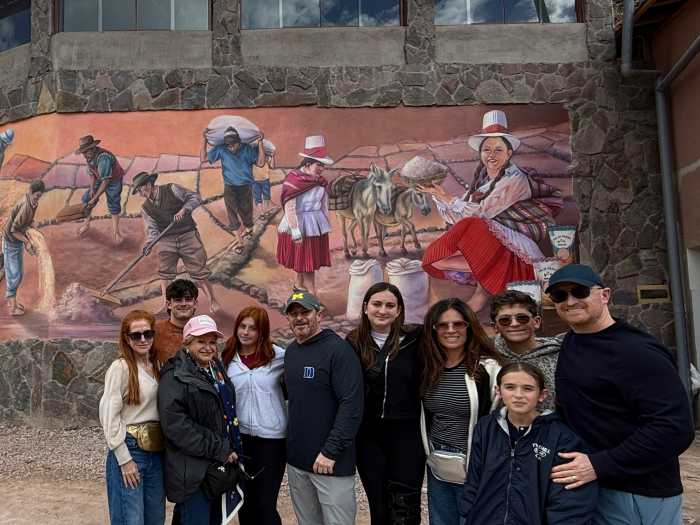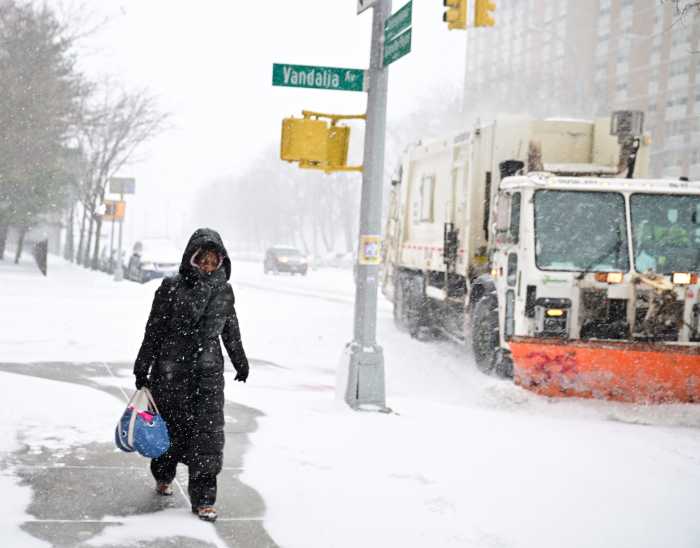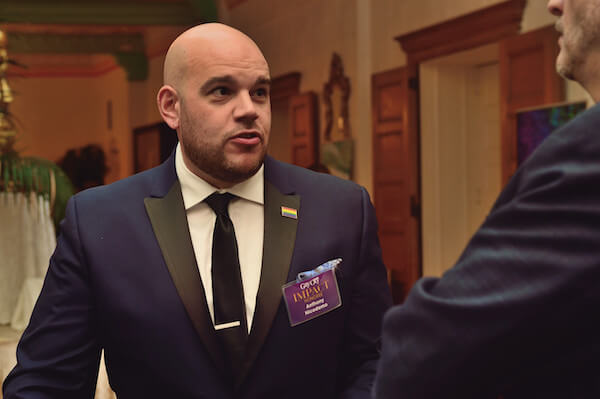
When phrases like “flavor profile,” “terroir” and “variety,” are thrown around, people immediately associate them with wine (and maybe a little pretension). But few know that these attributes can—and should—also be applied to the world’s other sipping obsession: coffee.
And, as sommeliers can identify where a grape was grown just by a sniff of the glass, or a wine’s degree of acidity with a swish in the mouth, there are experts of the same caliber that can identify those properties from a taste of brewed coffee.
In fact, there is a test that proves these skills for coffee connoisseurs, called the Q Grader Certification. Started in 2003 by the Coffee Quality Institute, there are roughly 4,000 Q Graders worldwide — and only 10 registered in New York City.
An exhaustive three-day training program followed by a three-day long exam identifies which experts truly know their stuff, according to Specialty Coffee Association of America standards — from identifying the 36 common aromas in coffee to finding the “defect” in a small sample of roasted coffee.
Just to get an idea of the complexity and advanced knowledge needed: the exam consists of 22 tests, from sensory skills assessments, which involve identifying the degrees of salt, sour and sweet in coffee samples, to cupping tests, in which takers taste samples to score them on a 100-point scale for properties like acidity, sweetness, etc. The pass rate tends to be very low.
Five of New York City’s 10 Q Graders sat down to talk about how they got into the business, why they took the exam, and what it meant to pass — for both their careers and their identities.
Mayita Mendez
For Mayita Mendez, coffee has always run in the family. She is a fifth-generation coffee producer on her mother’s side, and her family owns a farm in El Salvador.
“My whole motivation has been to support my family, and help them share the coffee with roasters and sell it at fair prices,” said Mendez, whose family produces coffee above an 80 on the industrywide 100-point grading scale. “I wanted to learn how to taste properly so I could go back to the farm and know if it was good or if there was something off. I wanted to help make the coffee better.”
She started as a barista at one of Irving Farm’s shops, and after about a year was hired as a sales representative, which allowed her to attend coffee events and learn about Q Grading. Irving Farm supported her in taking the test, and since it took place at the very lab where she worked, she was able to access specialty equipment and practice as much as possible—by attending cuppings, practicing with “Le Nez du Cafe” (the 36 vials with essential coffee aromas), and tasting defect coffee.
“I was so excited [when I passed], because it gives you, as a woman in a male-dominated industry…a stamp of legitimacy,” she said. “Being able to have that stamp of ‘actually I’m a Q Grader,’ shows that [they] actually need to respect my opinion. That I know what I’m talking about.’”
NYC coffee shop picks: Everyman Espresso on 13th Street.; The Plant Shed on the Upper West Side (for atmosphere)
What she wish people knew about coffee: “Be an awakened consumer…I don’t think people realize how much work it takes to get to a cup of coffee. Coffee producers make the least amount of money in the chain, so understand where your coffee is coming from, if the people are being paid fairly.”
Candice Madison
Candice Madison is a bit of a rebel in her love of coffee—as a U.K. native, she grew up drinking tea and said there was “practically no coffee culture” in England for most of her life.
Her interest in coffee began to expand when she realized she was a “supertaster” — she’s among the 25 percent of the population who have more than the average number of taste buds and taste at a higher acuity. What Madison used to be told was “super fussy,” was now more of a super power for working with coffee.
“When I realized coffee could taste so different—not only could you make milk beverages and espresso beverages that tasted amazing, but when I found out actual coffee itself wasn’t the same, that blew my mind. And not just that but that the flavor profile was so different country to country, or origin to origin, and specific to variety or terroir or to where it’s grown…They talk about wine that way but no one talks about coffee that way.”
After working as a barista for a year and a half, she decided she wanted more control over the coffee-making process and got a job at a roasting company. The company she worked for had very basic equipment—just a barrel over an open flame. “All I had was a timer and my nose, so I had to learn how to roast intuitively. I also cupped every single batch that I roasted, so I started to know what to look for.”
She had heard of the Q as a “really really really hard test” and being “incredibly demanding.
“People walk in and are so scared…I had so much fun.”
Once you pass the Q, you hold the license for three years, and after that have to go back to “calibrate” to keep your certification. When Madison went to “calibrate,” the two women running the whole Q grading program asked her to be a Q Instructor, which was very humbling for her. She said it’s been a “super rewarding experience” thus far.
“I love getting to lecture, and the groups I teach are in very diverse positions from around the industry. It can be intimidating so I’m happy a lot more people are doing it now.”
NYC coffee shop picks: Kinship Coffee in Astoria; Everyman Espresso on West Broadway
What she wish people knew about coffee: “Try everything…you don’t have to follow any rules. Also, people think coffee’s expensive…if they knew the work that went into producing the quality of coffee people now demand, they would be shocked and horrified by how little they pay for coffee. From the way it’s picked to sorting at the mill, you want to ensure people are being paid a living wage.”
Ezra Baker
Ezra Baker’s first career path was quite different from coffee — he graduated college with a degree in biochemistry. But, after working at a biotech firm for a couple years and not enjoying it, he decided to follow some friends to NYC and made the move from Athens, Georgia. He’s been working in coffee since then, as a barista at high-end cafes all over the city from Gimme! Coffee to Cafe Grumpy to Black Fox Coffee.
“My brain already worked in a scientific way so I liked that aspect of coffee,” he explained. “I also always liked making things for people—I had always enjoyed cooking, etc.”
Baker heard about the Q early on in his career, and described it as “almost Illuminati-seeming” in its exclusivity. After passing the test this October—on the first try, which only 9 percent of people do—he felt “more in tune with my talent.
“I have the vocabulary to express things now that I didn’t have before [taking the exam]. You’re able to communicate what you tasted much more clearly.”
It’s awarded him more opportunities and “opened a lot of doors,” and has improved how accurately they cup and score coffee at his job. So, taking the Q is, as he puts it, “crazy but worth it.”
NYC coffee shop picks: Black Fox Coffee (“Even though I worked there, this is still my go-to spot.”)
What he wish people knew about coffee: “Black coffee is not scary! It’s actually not supposed to be bitter or hurt. It’s supposed to be a nice, sensory experience…I always tell people ‘coffee is a fruit, it’s supposed to be fruity.’”
Dan Streetman
When Dan Streetman got a job at a coffee shop in his college town of College Station, Texas, to make some extra money, he had never drank coffee before. Ever. Though he admits trying straight espresso for the first time was “jolting,” it only took a few months for him to develop a taste, and become fascinated with how many variables were involved in the world of coffee brewing.
“It blew my mind how different coffee could taste, depending on the bean, or different extraction method…I really wanted to understand all of the factors that go into making a coffee taste different,” he said. Streetman ended up working for the roaster for that shop next, where he learned all about building relationships with coffee farmers, sourcing from origin and cupping different kinds of coffee.
In 2011 he became the Green Buyer for Irving Farm, where he has been ever since. He said he’d heard of the Q as “that mythical, super difficult test everyone talked about,” and in 2012 one of the importers he was working with was a Q instructor, so he decided to take the test in hopes of expanding his coffee experience. He had already been traveling to origin countries, cupping a lot of different coffees, and felt confident in his skills evaluating and using the SCAA cupping form. Though he struggled with the sensory skills test and had to go back and retake that section, he said it “felt awesome” when he passed. “It was so rewarding and validating.”
NYC coffee shop picks: Intelligentsia Coffee in the Highline Hotel; Third Rail Coffee at NYU
What he wish people knew about coffee: “Drink what you like, and really appreciate it. There is so much work that goes into it.”
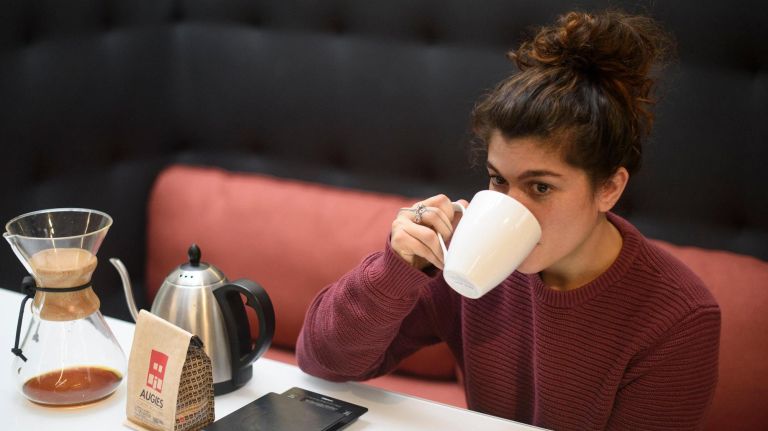
Erika Vonie
Like Streetman, Erika Vonie started working as a barista during her college years. When she graduated in 2009 and had difficulty finding a job with her film degree, she moved to Philadelphia and continued working in cafes. She quickly realized what an “infinite wealth” of coffee knowledge was out there, and that there was much more you could do for a career besides just opening a shop.
When one of her bosses noticed that she was “over-explaining” the process of each drink she made to customers, he suggested barista competitions. She competed in a range of competitions, including the United States Barista Championship, and loved every minute of it.
Vonie later made her way to New York and began working for Variety Coffee Roasters, where she was encouraged to take the Q Certification test. She passed on the second try (“Everyone was so positive and supportive…they all want you to pass.”) and since then has felt its effects. “It’s a great resume booster in general, but it also holds a lot of clout. It shows people that I’m serious, and I’m in it for the long haul.”
Last year, she won the highly competitive New York Coffee Masters competition and is now the director of coffee at Trade Coffee, a coffee e-commerce site, where she prides herself on the quiz she created to help people find their own coffee niche. “There’s a reputation for specialty coffee of being kind of pretentious or ‘gourmet.’ I want to help make it more accessible and break down that pretension. Everyone like something!”
NYC coffee shop picks: Hi Collar in the East Village (try the siphon coffee)
What she wish people knew about coffee: “There’s no wrong way to enjoy coffee.”
Read more: Bake a Delicious Key Lime Pie from Waitress Musical
